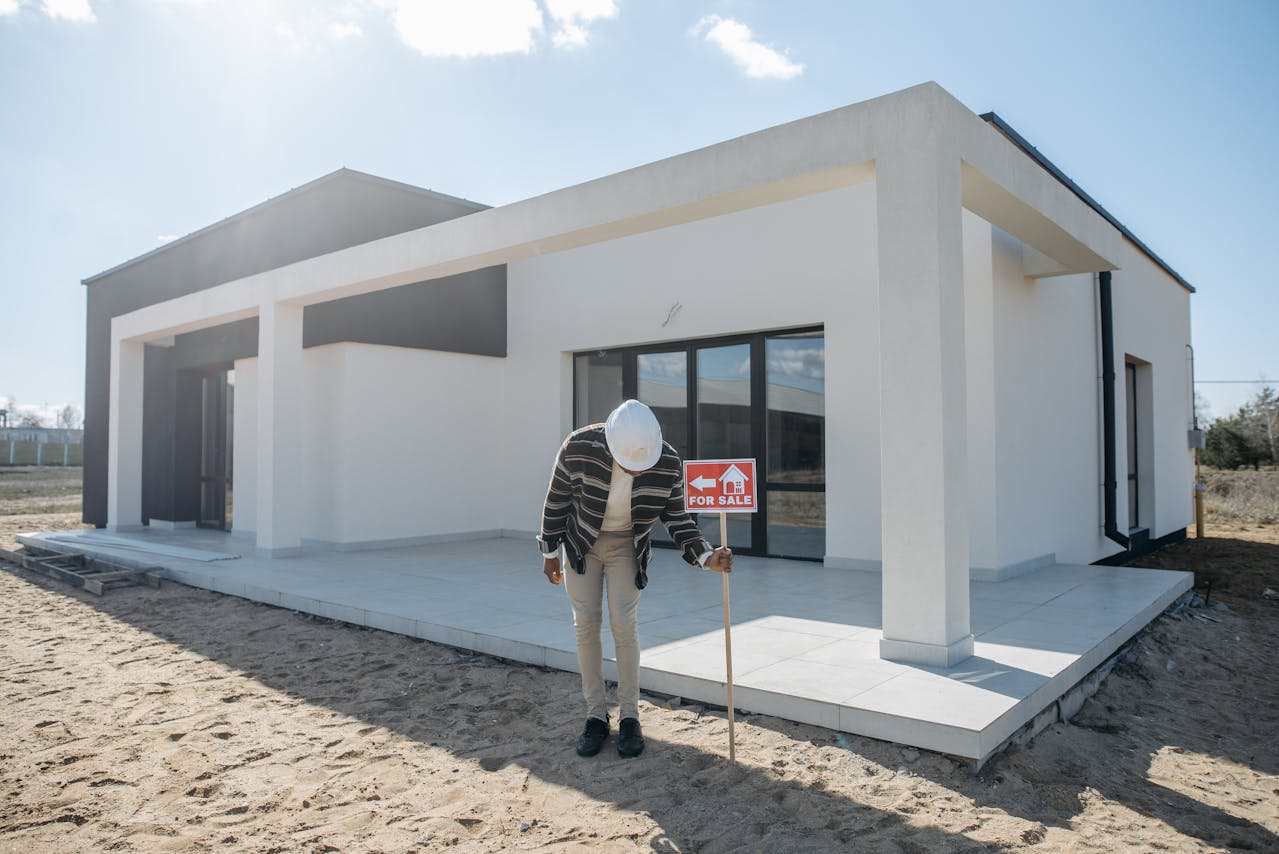4 Tips for Landlords Looking to Improve Their Property Management Practices
Landlords face many challenges daily, ranging from tenant relations to maintenance issues and financial management. With the evolution of technology and changing tenant expectations, effective property management has become essential for increasing rental income and maintaining property value. Moreover, implementing streamlined practices can lead to happier tenants, fewer vacancies, and enhanced overall performance. Here are four actionable tips to elevate your property management strategy.

1. Implement Regular Maintenance Schedules
Maintaining a property involves more than just addressing issues as they arise. Establishing a proactive maintenance schedule helps prevent larger problems and increases tenant satisfaction. Landlords should prioritize routine inspections and timely repairs to keep properties in good condition.
This investment preserves property value and minimizes potential disputes with tenants. Working with professional property managers can also provide landlords with resources for efficient maintenance and repairs. They often have established networks of service providers who can perform work quickly and effectively. Having a plan demonstrates professionalism and assures tenants that their living conditions are a priority.
2. Leverage Technology to Streamline Operations
Integrating property management software can transform the way landlords oversee their properties. These tools automate key tasks such as rent collection, lease agreements, and maintenance requests, reducing the burden of manual work. Landlords can focus more on strategic growth than day-to-day administration by streamlining operations. Additionally, many platforms include tenant portals, which improve communication and enhance the rental experience.
Beyond efficiency, technology also helps landlords stay competitive in the market. Advanced analytics provide valuable insights into pricing trends, allowing for well-informed rent adjustments based on local demand. Staying updated with market data ensures properties remain attractive to potential tenants. Embracing digital solutions simplifies management and projects a professional and modern image.

3. Foster Transparent Communication
Clear and open communication is essential for successful property management. Landlords should establish transparent channels, ensuring tenants feel comfortable voicing concerns. Regular updates through newsletters or scheduled check-ins help keep tenants informed about maintenance, policy changes, or other essential property matters. This proactive approach fosters a positive rental experience and minimizes misunderstandings.
Timely responses to tenant inquiries build trust and demonstrate reliability. When tenants feel heard and valued, they are more likely to renew leases, reducing vacancies and turnover costs. Strong communication skills give landlords a competitive edge in the rental market. Landlords can create lasting, mutually beneficial relationships with their tenants by prioritizing transparency.
4. Educate Yourself on Local Laws and Regulations
Understanding local real estate laws is crucial for landlords to avoid legal complications and ensure compliance. Every jurisdiction has specific regulations regarding rental agreements, tenant rights, and property management. Staying updated on these laws helps prevent costly fines and legal disputes while fostering a smooth rental process. Regular reviews of legal requirements ensure landlords operate within the law and maintain a professional reputation.
Landlords can stay informed by attending workshops, online courses, or consulting property management experts. Gaining this knowledge demonstrates a commitment to providing a safe and fair rental environment, which builds trust with tenants. Proactively incorporating legal awareness into management strategies leads to better tenant relationships and smoother property operations. In the long run, well-informed landlords create a more stable and reputable rental business.
Improved processes benefit property owners and create a more enjoyable living experience for tenants. In the competitive rental market, adopting best practices that elevate your management approach is essential. Landlords can navigate challenges successfully and cultivate flourishing properties by leveraging technology, fostering communication, prioritizing maintenance, and staying educated on local laws.